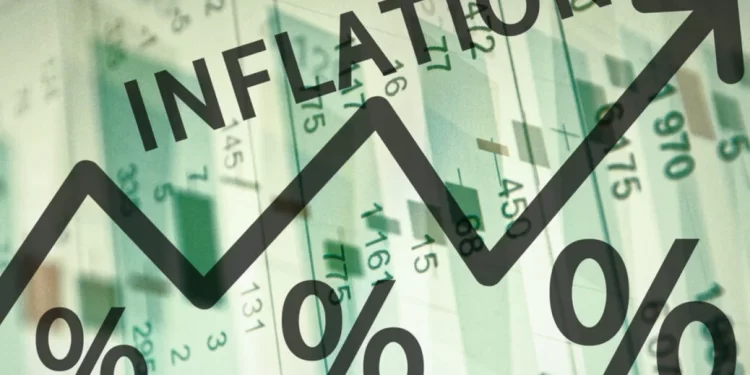Nigeria, grappling with economic challenges, witnessed a surge in its inflation rate for December 2023, reaching 28.92%, according to the latest report from the National Bureau of Statistics (NBS). This marks the eleventh consecutive increase in the inflation rate since February 2023, raising concerns about the economic implications for the country.
Key Highlights:
1. Year-on-Year Comparison:
– The headline inflation rate for December 2023 rose by 0.72 percentage points compared to November 2023, indicating a steady upward trend.
2. Year-on-Year Basis (December 2022 vs. December 2023):
– Compared to December 2022, which had a headline inflation rate of 21.34%, there was a substantial increase of 7.58% points, showcasing the intensified inflationary pressures.
3. Month-on-Month Comparison:
– On a month-on-month basis, the headline inflation rate for December 2023 reached 2.29%, surpassing November 2023’s rate of 2.09% by 0.20%, signaling an accelerated rise in the average price level.
Economic Implications:
1. Food Inflation Surge:
– The year-on-year food inflation rate surged to 33.93% in December 2023, driven by increased prices of essential items like Oil and fat, Meat, Bread and Cereals, Potatoes, Yam & Other Tubers, Fish, and Milk, Cheese, and Eggs. This surge, a notable increase of 10.18% points compared to December 2022, raises concerns about food affordability for the average Nigerian.
2. Core Inflation Pressures:
– The core inflation rate for December 2023 was 23.06% on a year-on-year basis, marking a 4.85% increase compared to December 2022. Surges in prices of essential services and products, including Passenger Transport, Medical Services, and Housing Rentals, contribute to the overall inflationary pressures, impacting the cost of living.
3. Urban and Rural Dynamics:
– Urban inflation surged to 31.00% year-on-year in December 2023, while rural inflation rose to 27.10%. These figures indicate distinct challenges in both urban and rural areas, emphasizing the widespread nature of the inflationary pressures.
4. Twelve-Month Average Inflation Rate:
– The average twelve-month annual inflation rate stood at 20.76% for the twelve months ending December 2023, marking a 4.74%-point increase from the previous year. This sustained high average inflation rate poses challenges for economic planning and investment decisions.
As Nigeria grapples with these inflationary challenges, policymakers face the task of implementing measures to mitigate the impact on citizens and the overall economy. The need for strategic economic policies, including fiscal and monetary interventions, becomes imperative to address the root causes of the prolonged inflationary pressures. The nation awaits with anticipation to see how authorities will navigate these economic headwinds in the coming months.









